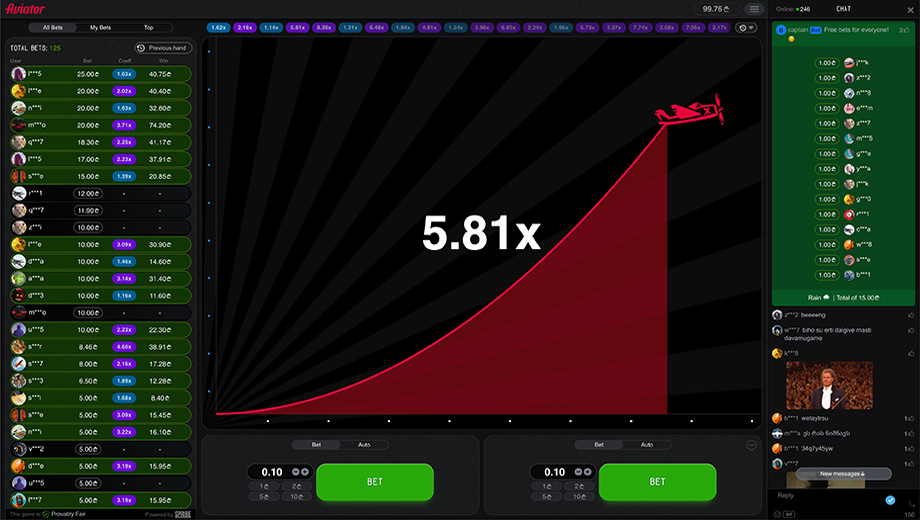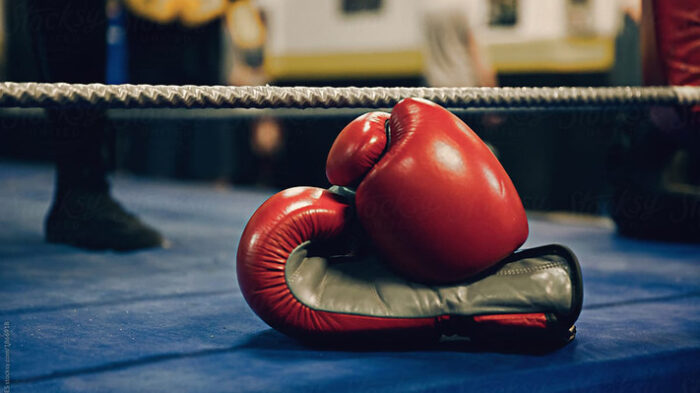The Betting Control and Licensing Board (BCLB) informed Parliament they cannot ban the Aviator game, even as MPs shared worries about its strong effect on young people and families in Kenya. When appearing in front of the National Assembly’s Finance and National Planning Committee, BCLB Chief Peter Mbugi explained that Aviator works under a foreign company, not inside Kenya’s legal power.
Mbugi told MPs, “Aviator has quickly turned into one of the most preferred gambling games around the world.” He explained how the game’s intellectual property rights belong to SPRIBE, a company in Warsaw, Poland, and that several game variants have been launched, helping make Aviator popular in many countries.
Concerns Over Youth and Family Involvement in Betting
Many versions get advertised publicly in different places, which increases interest and makes the game appealing to gamblers. MPs are currently investigating betting and gaming company activities in Kenya because they have noticed rising addiction cases. Gilgil MP Martha Wangari spoke on Aviator’s legal position and criticised how strong advertisements run across local media. According to her, Aviator is now so common that both city and rural families are getting affected.
She commented that Aviator especially targets the youth, but older Kenyans are also getting drawn into gambling. Other MPs replied by raising new concerns, pointing out that some students use their school fees to bet, and even parents sometimes use lifetime savings for bets. BCLB said stopping Aviator is not possible, but Mbugi reported that new plans are in place to bring more control into Kenya’s betting sector, which now has 236 registered companies.
One proposal includes raising capital requirements to make sure only serious betting shops can work. For a basic shop called Muaka, BCLB suggests a required minimum capital of Sh50 million. Public gaming operators, such as casinos, may soon need to present Sh5 billion to join the market. They also want every gambler to give a photographic ID at registration, sending a photo holding the national ID with their face in the frame.

Stricter Rules on Betting Advertisements in Kenya
BCLB shared with the committee that, with the Communications Authority, they have blocked more than 106 illegal gambling websites and now urge Kenya to treat betting rules as seriously as tobacco or alcohol laws. Mbugi stated, “We already control how betting is advertised in the media, which affects gambling participation.” From now on, every gambling advert must go through the Kenya Film Classification Board, only to be aired outside family hours and marked as adult content.
Betting advertisements will need to show warning lines like “Gambling is Addictive!” or “Gamble/Play responsibly,” and the adverts cannot make betting look attractive for any viewer. No new outdoor advertising is allowed by BCLB, and they have stepped in to stop promotions like daily jackpots, free bets, and bonuses. Mbugi pointed out that, with few strong laws, the government still managed to collect Sh96.7 billion in betting taxes over seven years.
For the 2023/2024 financial year, total tax income from betting reached Sh22.3 billion, while by January 2025 the tax total stood at Sh14.5 billion. The chief added that the betting market still follows laws made back in 1966 and asked MPs to back new updates for the sector. Kenya’s betting firms pay different taxes: a 15 per cent excise duty on how much is staked, a 20 per cent withholding on any net winnings, and a 50 per cent gaming tax on total revenue. They also have to pay corporate tax from profits.

 Companies
Companies 





